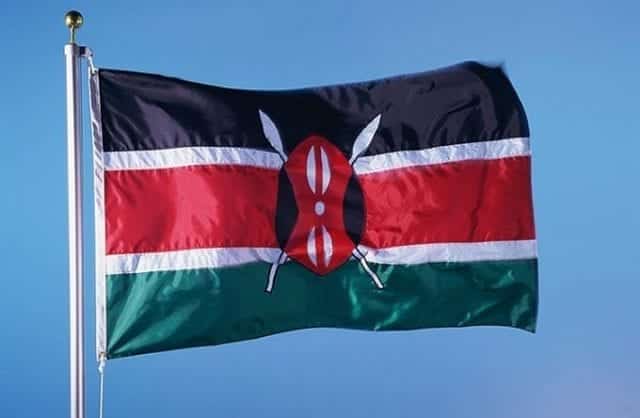
Most Kenyans at home and abroad were disgruntled by American judge who ruled that Kenya is unsafe for a US child. The question before the judge was whether a Kenyan woman divorced from her American husband should or should not travel to Kenya with her 22 month old daughter.
In her ruling, the judge cited Nairobi West gate Mall terror massacre, prevalence of malaria, rampant insecurity and incidents of child abduction and trafficking as compelling evidence Kenya is unsafe for American citizen especially children.
I agree in principle with the ruling. Insecurity in Kenya has escalated to unprecedented level. Mo Ibrahim Index of African Governance ranked Kenya’s security among the worst in Africa. Daily Nation reported recently “gangsters are calling shots in Nairobi…” and “disciplined forces are increasingly being caught in crime to the consternation of the citizens they are supposed to protect.”
Yet, Lambasting American judge may give us a false sense of temporary comfort. After all, US has got incidents of insecurity as well. Gun violence especially in black communities continues to silence innocent lives. However, security of the American people is taken very seriously. Kenya ought to take security of her people seriously.
Sadly, ineptitude, broken politics, negative ethnicity, corruption, false patriotism, fallacious doctrine of sovereignty and ramifications of cases facing president Uhuru and his deputy Ruto have become the bane of our nation.
Perhaps, sincere love of our country should open our eyes to see hostility of prevailing circumstances that are detrimental to safety and tranquility of the residents and visitors of Kenya. Truthfully speaking, Kenya isn’t just unsafe for Americans. It is unsafe for Kenyans as well.
Yet, Kenyan insecurity isn’t just limited to crime. There are other kinds of insecurities. Take food insecurity. Millions of people across the country can’t afford two meals a day. Some sleep on empty stomachs. Most children are experiencing malnutrition and others dying from malaria.
NTV Kenya reported recently that perennial ghost of drought has come to haunt Turkana again. Shortage of water and food has precipitated migration of the population from Turkana to the neighboring countries in search of food, water and pasture for animals.
Moreover, health insecurity is undeniable reality. Millions of people can’t afford standard healthcare. Some die from preventable diseases like typhoid and malaria. Former ministers of health prof. Anyang’ Nyong’o, Ms. Beth Mugo and Ms. Charity Ngilu are a testament of our broken health care. When they needed specialized medical attention, they cast a vote of no confidence in Kenyatta or Nairobi Hospitals. They flew to America and London respectively.
Most women especially pregnant mothers are more likely than not to die during child birth or suffer serious health complications. According to Public relation study and research institution, 6000 Kenyan women die each year for pregnancy related complications.
Furthermore, job insecurity is growing by day. Millions of young people do not have employment opportunities, in itself; a threat to national security.
Environmental insecurity cannot be gainsaid. Piles of trash, dusty neighborhoods, dilapidated roads, leaking sewers and noise pollution are a threat to public health and safety.
Which begs the question: How can we claim Kenya is safe in the face of such prevailing hostile circumstances? Don’t be deceived. A wealthy and politically connected folk is the only safe demographic. They live behind tall electric fences. They are armed with a gun and protected by security guards.
They earn an average of $10,000 a month as ordinary Kenyans earn an average of $200 a month. They live in affluent neighborhoods as ordinary Kenyans live in villages, slums and in unsafe estates. They have the best health insurance with access to best hospitals at home and abroad.
Sadly, the best and only medical institutions available to ordinary Kenyans fall in the plateaued category of Kenyatta national hospital where beds are shared, sanitation is deplorable and medication is barely available.
OP-ED By Jacktone Ambuka. Email: jsambuka@yahoo.com.







